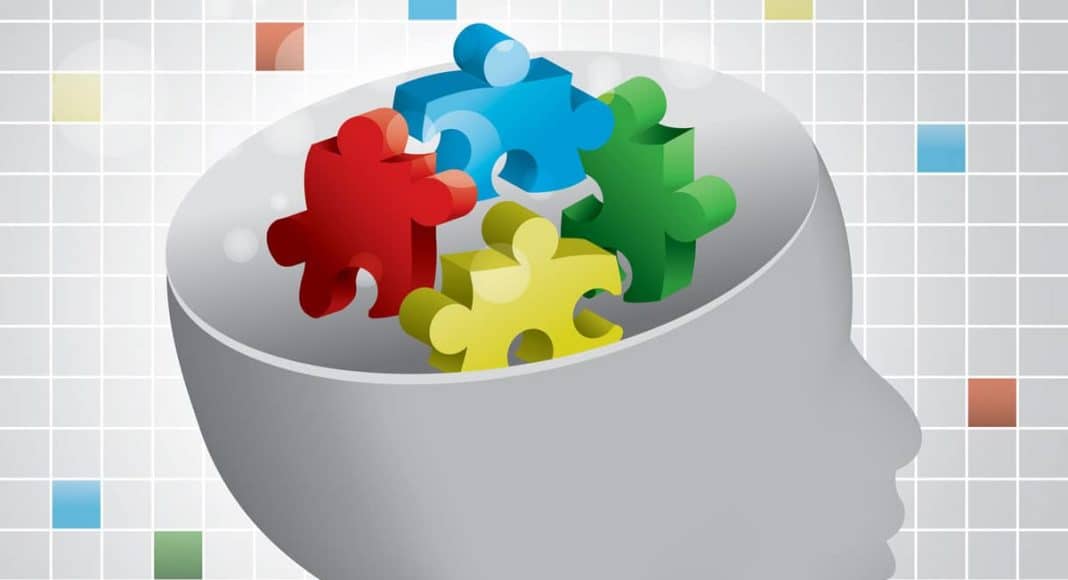With medical marijuana becoming increasingly legal and accessible across the United States, more and more research is being done to learn its potential benefits when it comes to treatment for myriad illnesses and disorders. Prominent among the disorders being looked at are Autism Spectrum Disorders (ASD). ASD are brain-based disorders that pose social-communication challenges as well as restricted repetitive behaviors, activities, and interests of people afflicted. Recently, researchers have been studying cannabis and cannabidiol (CBD) oil, and how they might relieve some challenges for those with autism, and the results are promising.
While there are no verified clinical studies on the relationship between cannabis and autism yet, there is growing anecdotal evidence from both parents and healthcare providers as to its effectiveness in relieving autistic symptoms.
-
Related Story: Medical Marijuana: Autism Wonder Drug?
However, because there aren’t any clinical studies to reference as of now, doctors are hesitant to prescribe cannabis as a treatment option for autism. And given United States authorities’ strict regulations around clinical trials, with some waiting for many years for their trial to be approved, getting the necessary data is difficult.
Still, despite these research limitations, there do exist a multitude of studies that suggest cannabis and CBD as a helpful course of treatment for folks with autism.
Evidence Supporting CBDs For Autism
This is some of what we know so far based on anecdotal evidence.
Dr. Giovanni Martinez, a clinical psychologist based in Puerto Rico, began treating a child with autism so severe he couldn’t speak. After three weeks of treatment that involved the child spraying small doses of CBD oil into his mouth twice daily, he spoke his first words. His mother reported that once his communication improved so, too, did his irritable outbursts, which is likely a result of reduced frustration over trying to communicate his needs.
Moreover, a 2013 study conducted by Dr. Siniscalco suggests that compounds found in cannabis can help with treatment due to CB2 receptors being a therapeutic target for pharmacological management of care for autism.
Another study published in 2013 led Dr. Csaba Foldy found, “endocannabinoids are molecules that are critical regulators of normal neuron activity and are important for many brain functions. By conducting studies in mice, we found that neuroliginb-3, a protein that is mutated in some individuals with autism, is important for relaying signals that tone down communication between neurons.”
Additionally, there’s an increasing amount of evidence suggesting cannabis and CBD oil as effective treatment options for epilepsy. And because there are medical and biological parallels between epilepsy and autism, it’s led many professionals to believe that there could also be a cannabis treatment connection for autism.
-
Related Story: Here’s The Scoop On Medical Marijuana For Autism Treatment
Still, these studies are based only on anecdotal evidence and not hard data. If the goal is to get doctors on board with prescribing the drug for autism, it’s critical that there are clinical studies done on the subject. And there seems to be one researcher in particular leading the charge.
During January of this year began the first-ever clinical study on cannabis as a treatment option for autism. The pediatric neurologist leading the study, Israel-based Dr. Adi Aran, became interested in cannabis’ and CBD oil’s potential after an increasing number of studies showed anecdotal promise.
In Aran’s study, participants are given two types of cannabis oil formulas or a placebo and, so far, has been finding that some participants are experiencing a reduction in their symptoms and improvements in their behavior overall.
And while Aran cautions against premature conclusions about cannabis as an effective treatment option for autism, he feels optimistic about what he’s seen so far.
Bottom Line
Those interested in CBD oil and cannabis as a treatment option for autism should feel optimistic about their potential effectiveness, but more research needs to be done before any hard conclusions can be made.
This story originally appeared on CannabisFN.


